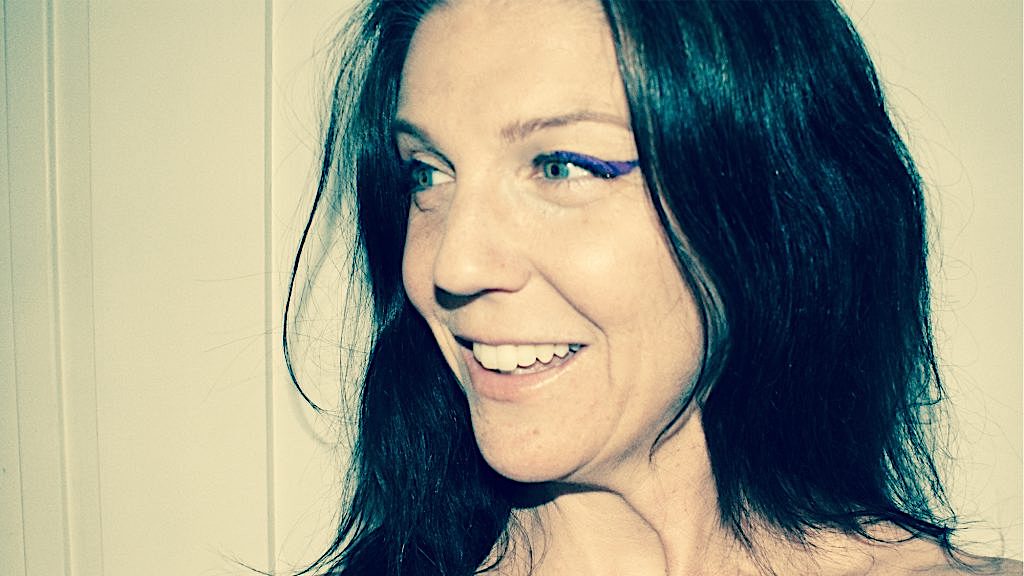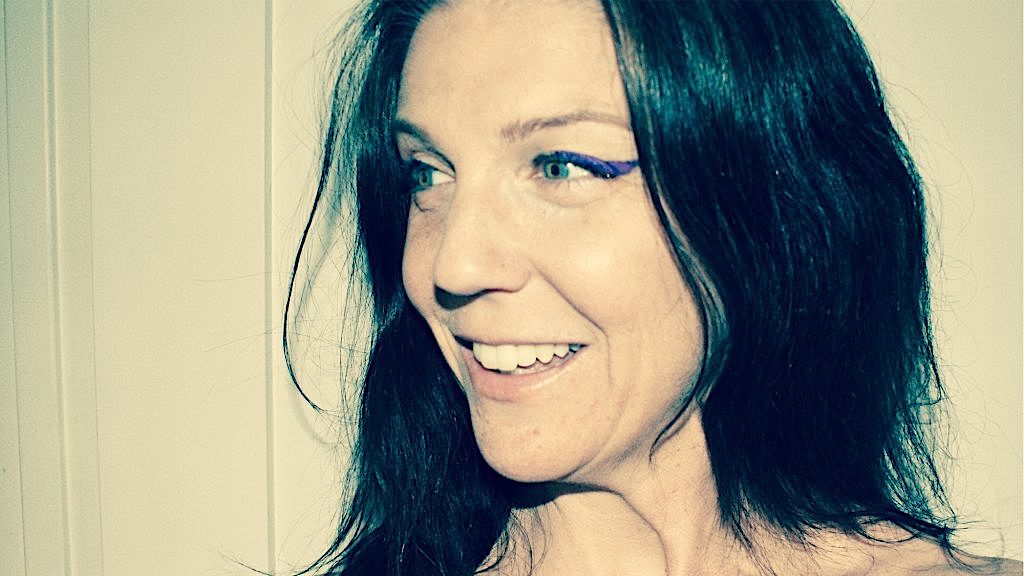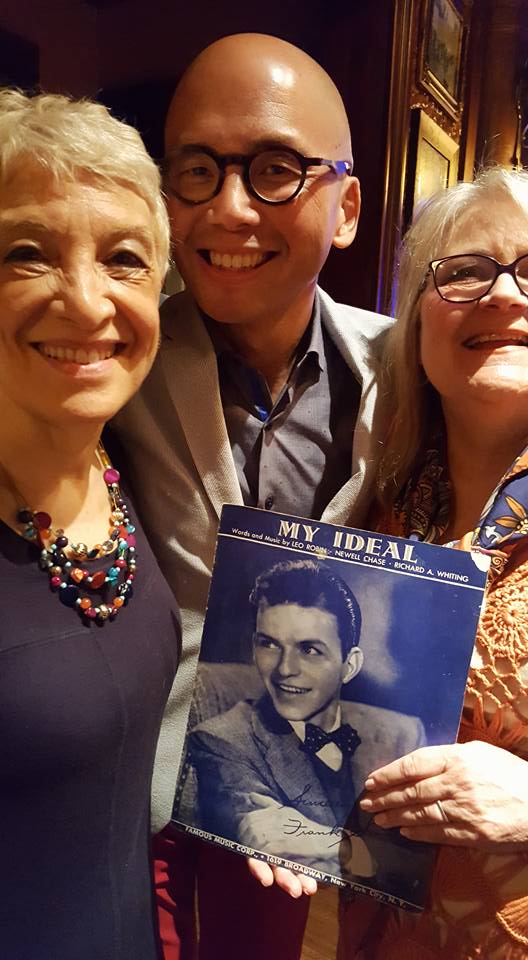By Marilyn Lester
The family business has been good to the Sinatra clan. Pater familias, Frank, of course needs no introduction. Children Nancy and the late Frank, Jr. also cut a wide swath as singers, and now granddaughter A.J. Lambert (offspring of Nancy) is turning her attention from a career in rock and roll to the cabaret stage. Lambert is at that age where reexamination often happens. This she freely explains as she presents the songs of her grandfather’s ground-breaking 1955 album, Wee Small Hours. Largely considered to be one of the first-ever concept albums, inspired by Sinatra’s disastrous relationship with Ava Gardner, it’s a chronicle of loneliness, lost love, despair, and introspection, told through 16 ballads written by the greatest names of the Great American Songbook. It was issued as two 10-inch LP discs, and later as one 12-inch LP, a new format for pop records.
Wee Small Hours represents the beginning of Sinatra’s mature singing style – a parallel that Lambert identifies with. She explains that now she finally understands this particular music and what was behind it. Her approach is to deliver it verbatim, with explanatory narrative in between four sets of songs. With the first number, “In the Wee Small Hours Of The Morning” (Bob Hilliard/David Mann), Lambert reveals she has the family vocal equipment to do the job. Her voice is smooth, port-winish, with a healthy range. She does well with “Mood Indigo” (Duke Ellington/Barney Bigard/Mitchell Parish) and “Ill Wind” (Harold Arlen/Ted Koehler) perhaps because these two jazz standards allow her to more closely identify with her rock roots. Herein lies a learning curve for the singer. Her transition to popular music requires a finer atunement to its vocal style – the shadings, dynamics and building of a dramatic arc. Lambert gets major points for realizing she doesn’t have to belt the music, but still needs improvement on communicating a deeper level of emotion. Also notable were the ironic “I Get Along Without You Very Well” (Hoagy Carmichael, lyrics based on a poem by Jane Brown Thompson), “I’ll Be Around,” (Alec Wilder) and “It Never Entered My Mind” (Richard Rodgers/Lorenz Hart). John Boswell on piano provided solid support for the singer, and lyrical richness to the music.
Lambert also scores points for courage. It’s not easy to walk in the shadow of a legend, let alone take on the mother ship of iconic albums, and one that’s the poster child of deep, angsting emotion. And yet her genuine desire to honor her grandfather is not lost. She’s charming and genuine, and her quest to know the man better through his music is truly affecting. If she’s to continue on this path – and there’s no reason not to – Lambert would be wise to work with a director who could provide some needed polish to her presentation. It wouldn’t go amiss to put her own stamp on the tunes with modern arrangements and tempo changes, aided by a more focused narrative and refinement in stage movement. All in all, if Lambert decides to go forward in cabaret, a tune her grandfather made famous should be her guide: “The Best Is Yet to Come.”
A.J. Lambert, August 18, 2017 at 9:30 PM
Feinstein’s/54 Below, 254 West 54th Street, 646-476-3551, www.54Below.com





















